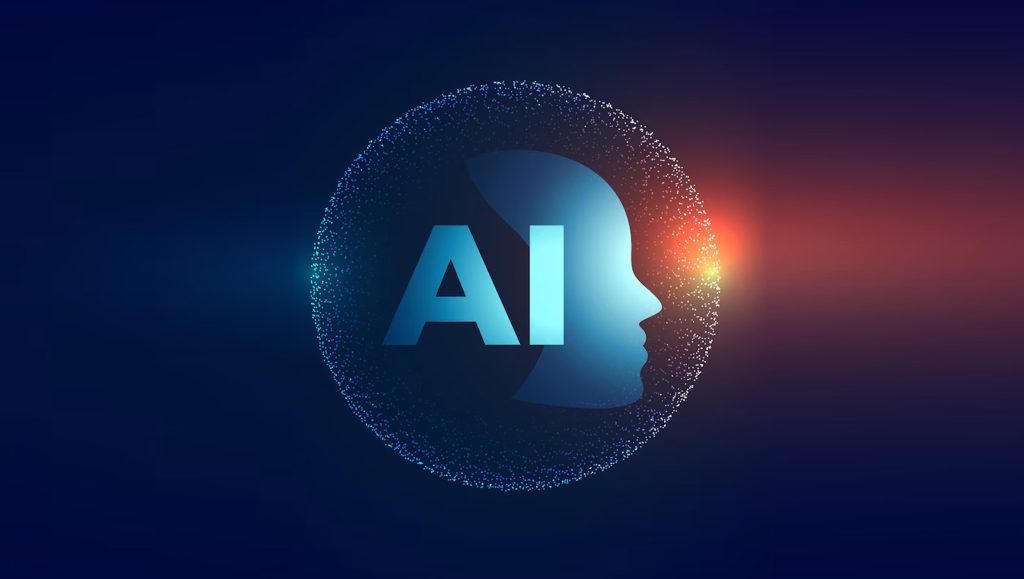Data monetization, direct-to-consumer and eCommerce business models will create growth opportunities, finds Frost & Sullivan
Frost & Sullivan’s recent analysis, Global Life Sciences Industry Outlook, 2018, finds that healthcare digitization and consumerization, the explosion of patient data, and the emergence of value-based reimbursement models, are propelling the life sciences industry towards the $1.5 trillion milestone. The convergence of biopharmaceuticals, drug delivery devices, and companion diagnostics —enabled by digital connectivity— is driving regulatory and commercial changes in many exciting ways for the industry.

“The scope for synergies among disciplines is attracting big tech companies such as Google, Amazon, Facebook, Apple (GAFA) to the life sciences industry,” said Unmesh Lal, Program Manager, Transformational Health. “The adoption of artificial intelligence (AI) and cloud-based solutions for drug discovery and clinical trial workflow is improving the overall efficiency of production. Additionally, pathology and research laboratories are increasingly adopting health analytics solutions to track the test utilization and efficiently tackle reimbursement issues.”
Read More: AI in Sales is on the Rise; But Golfing with Your Client Isn’t Going Away
In 2018, innovations and new business models spun around data monetization as a result of value-based medicine; a connected ecosystem will be the most talked about areas. Incorporation of advanced technologies will drive the delivery of precision healthcare, raising the following growth opportunities:
- AI and cloud deployment in pharma research and development (R&D): Drug discovery and clinical development IT solutions spending to exceed $10 billion in 2018;
- Convergence of molecular diagnostics and big data analytics: Disruptive startups with oncology diagnostics portfolio will see high rewards from their investments;
- Smart genomics: Research labs jump-start spending on cloud, NGS and big data analytics solutions;
- Biopharma partnerships with contract development and manufacturing organizations (CDMO) and contract research organizations (CRO): Outsourcing of bio-analytical and current good manufacturing practice (cGMP) services is expected to reach $8.5 billion in 2018;
- Liquid biopsy and companion diagnostics: Roughly $500 million in venture capital funding is expected to flood the liquid biopsy space as companion diagnostic-based liquid biopsy tests gain approval from the regulatory authority; and
- Biotech expansion into CAR-T and gene therapies: Favorable tax reforms and competition for new assets could lead to higher valuations and product deal amounts.
“While the cell and gene therapy segments have shown potential, pharmaceutical and biotechnology companies continue to invest in the promising segments of oncology, cardiovascular, diabetes, and immunology. These segments not only have high unmet needs but also have high acceptability across regions,” noted Lal. “Overall personalization, decentralization, collaboration, and prevention are amplifying precision health, thereby shaping the future business models and the workforce of life sciences companies.”
Read More: With Automation and AI, the Human Side of Selling Is Fast Becoming a Unique Skill Set





















